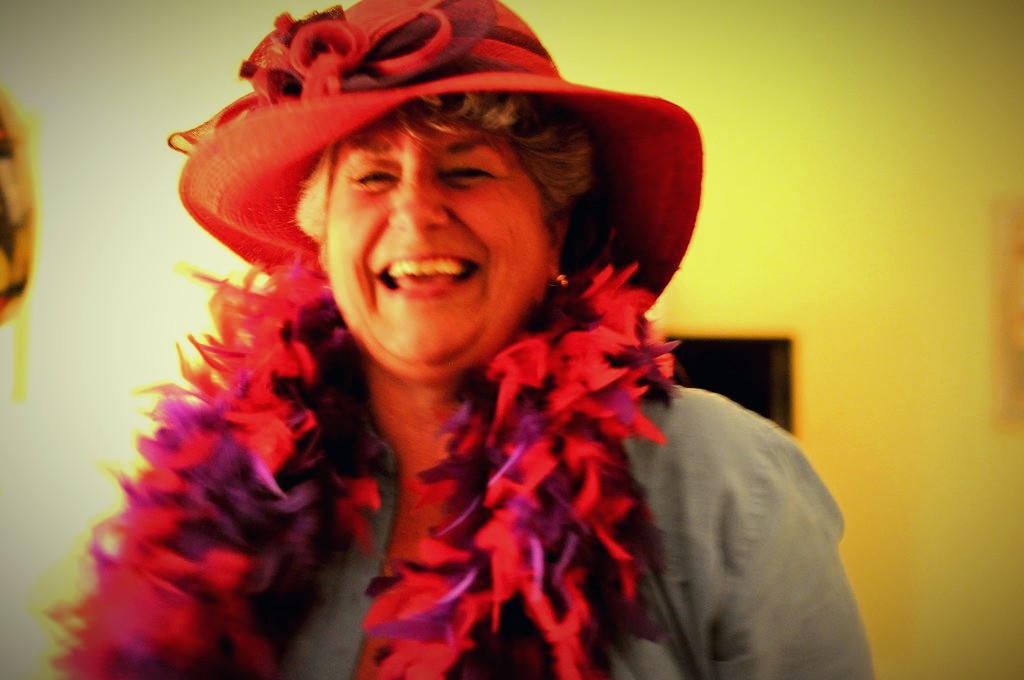
Dementia is Hard Work for Both Sides

Recently, while attending an educational conference, I attended a class taught by Laura Wayman. She has written a book on “A Loving Approach to Dementia Care.”
Dementia is not a specific disease; it is a term used for a group of brain disorders. Many diseases can have a dementia component. Alzheimer’s disease is probably the most prevalent. Recent studies show there are many more diseases that can result in dementia.
What is dementia? How can I tell if my loved one is on this path or could the problem be rectified? According to the Alzheimer’s Association, here are some symptoms that should not be ignored. Symptoms from the list include short-term memory loss when a person’s immediate memory is being challenged. Another issue can be the loss of the ability to process everyday activities which creates difficulty performing familiar tasks such as cooking, making a telephone call or remembering how to play a game. Struggling with words can be a sign of a problem. Individuals with Alzheimer’s disease often forget simple words or substitute an unusual word leaving the listener confused as to what is being said. Significant mood and/or behavior or personality changes could be a reason to be tested. We all have times when these symptoms are present. It could be brought on by medication, exhaustion, or stress. If you or your loved one is experiencing any of these symptoms for an extended period of time, seek help from a doctor who specializes in diagnosing dementia. For most of us, the symptoms will disappear when we take care of ourselves.
Laura Wayman talked about the caregiver of someone with dementia. She spoke about her mother’s journey as her father’s caregiver and shared insights she learned from watching them.
One of the issues for caregivers is the dementia-related person’s lack of ability to process thoughts and/or activities which often leads to trouble when a caregiver is trying to communicate. If a question is asked, an answer is expected. What happens when you cannot process the question? Anger and frustration can flare up. As our loved ones move deeper into dementia, it is important to remember not to ask questions. Wow, is that hard. I came back from my conference and noticed how often I would interact by asking questions of the people in Sierra View Homes Marden’s Place. We naturally want to ask questions. I did find I was successful in just talking with the resident because I got pleasant happier feedback.
The inability to process what is going on also means there is no good way for someone with dementia to tell us what is going on with him or her. Often, their behavior is the only way to understand there is an issue. People with dementia can be mirrors of the emotions of their caregivers. Have you heard the phrase “it is not what you say; it is how you say it”? In life, we all have encountered times when we felt put down or that someone was angry with us. Did the words stay with you or the tone of voice that caused you to take notice? If you are impatient and/or try to rush the dementia-related person, they will slow down. Showing you are frustrated and upset often leads to resistance and aggressive behavior. Laura stressed the importance of staying calm so everyone can have a better experience.
If you are a caregiver, it is extremely important to take care of yourself. You need to educate yourself on what to expect as the dementia progresses and to make sure you ask for help so you can step away for a few hours every so often. It is important that you keep yourself healthy and have the ability to cope with the situation. All too often, the caregiver becomes “worn out” and passes away too early.
Many of our residents’ family members find that interactions with their loved ones become more positive after they have moved into Marden’s Place Memory Care, our dementia-care assisted living. Not worrying about day-to-day caregiving tasks frees family members up for the positive, loving, meaningful interactions that they crave.
There is no cure for people with dementia. Studies show there are many more ways to get dementia than we previously thought. As the Baby-Boomer population ages we will see more people with a disease that has a dementia factor. Laura Wayman shared with those of us in her class the importance of continuing to be educated about dementia. The care of the dementia-related person is difficult, but the approach you use can significantly help you.





